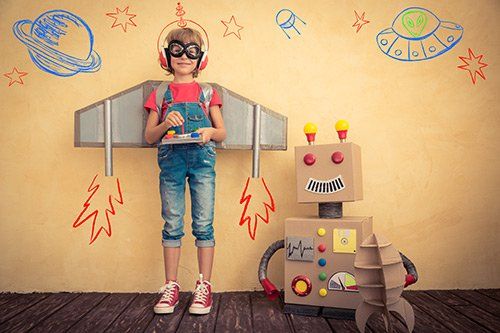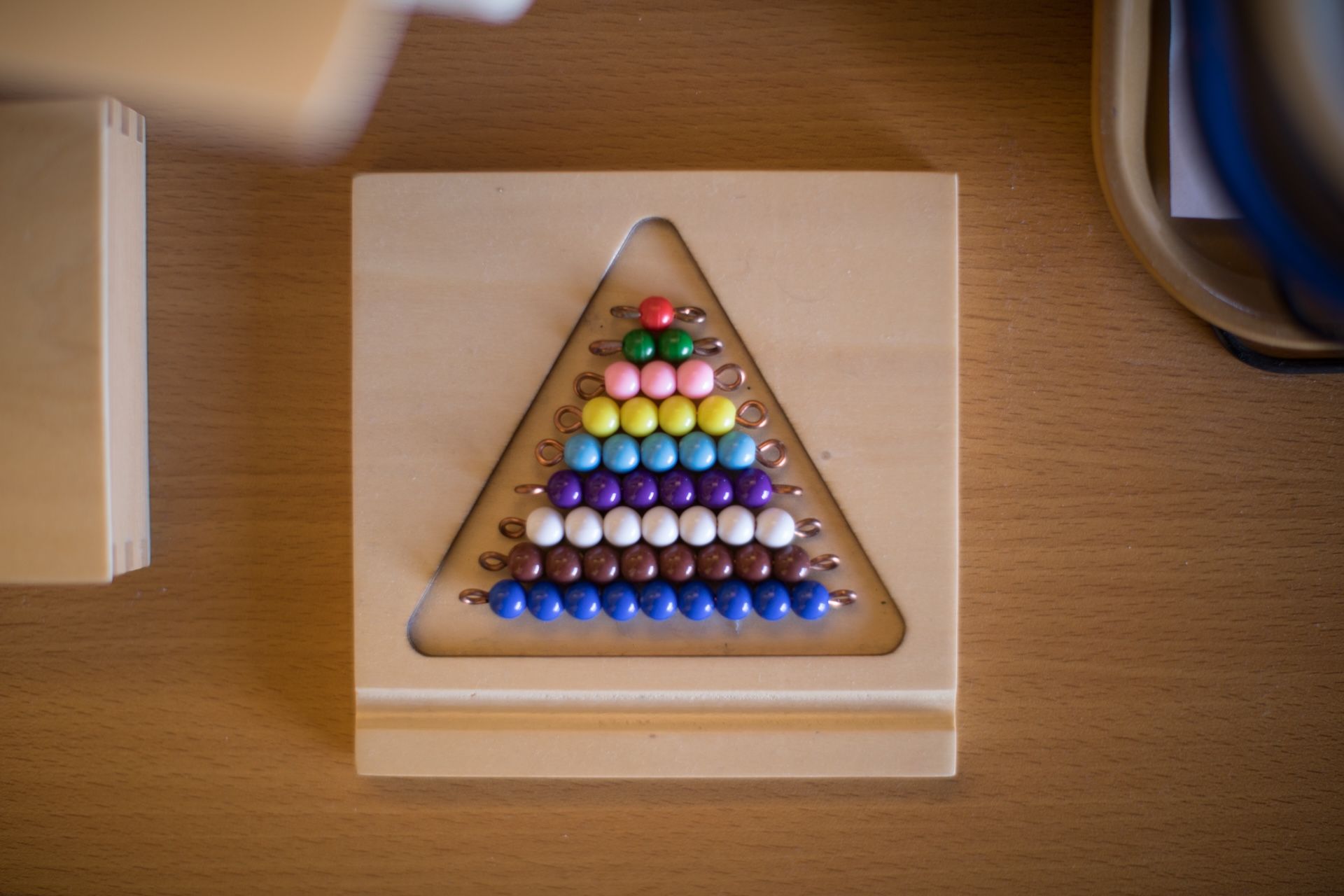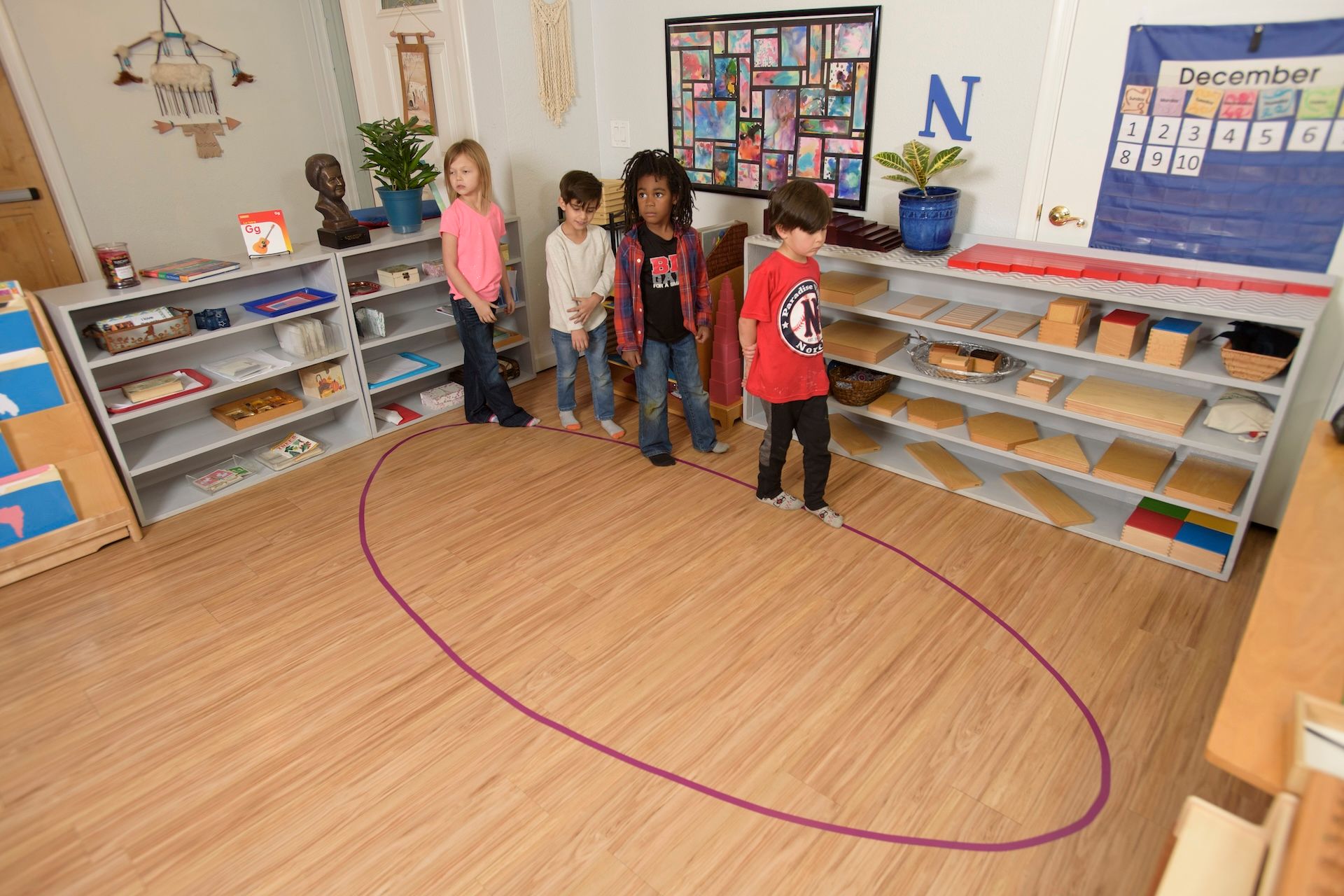The world has been set alight with technological revolution and we show no signs of slowing down. Things are changing and innovation is taking over the market in a way we could never have expected. Criticism of public education has been mounting and doesn’t show signs of stopping as programs that teach to a specific test are mandated. Making sure our children get a good education is the most valuable investment we can make in our future. How can we raise an innovative and progressive generation?

Even as we set aside the old and outdated, Forbes wrote that the child-centered Montessori model of learning needed to be revived, despite its age, and cited such technology giants as Amazon (founded by Jeff Bezos, Montessori alumni) and Google (created by Larry Page and Sergei Brin, also educated in the Montessori method). The personal expression and auto-education offered by Montessori schooling actually teach students to think differently, to approach problems from multiple angles, and to be motivated by success. Several prominent software developers attribute their innovative ideas and success to their Montessori education, including Wikipedia founder Jimmy Wales. Multiple studies have demonstrated the effectiveness of the Montessori method in raising test scores, establishing bilingual fluency, and emotional regulation (a predictor of future life satisfaction).
The complex problem solving that our students develop from a very young age creates the necessary mental pathways for ingenuity in future endeavors. These advantages have proven invaluable as students grow and begin their lives as adults. An extremely high percentage of Montessori students graduate from high school and continue on to college. A disproportionate number become entrepreneurs and bring new ideas into the economy. Beyond business acumen and tech savvy, Montessori students are accomplished in various fields. Some well-known Montessori alumni are:
William Wright – The inventive mind behind Spore and all the various incarnations of the “Sim” games (e.g. SimCity, The Sims) credits much of his creativity and ongoing success to the Montessori method.
Julia Child – A master of French cooking and an icon in American history, Child warmed millions of hearts and ovens with her fantastic recipes on one of the earliest (and still one of the most successful) cooking television shows. A Montessori alumnus, she’s best known for making notoriously difficult cuisine accessible to anyone.
Sean “P. Diddy” Combs – The rapper and modern entrepreneur attended Montessori school and has gone on to tremendous, long-term success as a recording artist and investor.
Yo Yo Ma- This fantastic cellist and his haunting melodies got their start in a Montessori music program like ours. He believes the level of structure offered in Montessori school is ideal for creative growth and has insisted his daughter be enrolled as well.
Montessori students are generally more creative than those who go through traditional education and take a forward-thinking approach to solving any problems. The guided learning in Montessori paves the way for future independence and success. Perhaps more important than any of these, the contribution Montessori education makes to self-esteem and subsequently happiness cannot be measured in numbers and scores. You can only see it in the richness of adult life, the well-rounded and inquisitive lifelong learner who started in a nurturing Montessori environment.
The post Montessori School and the Future appeared first on Pebblecreek Montessori.
Hours
MONDAY - FRIDAY
HALF DAY: 8:30a – 12 noon
ACADEMIC DAY: 8:30a – 3:30p
EARLY CARE: 7:00a – 8:30a
AFTER CARE: 3:30p – 6:00p
OFFICE: 8:00a - 4:00p
Programs
Connect
Pebblecreek Montessori




